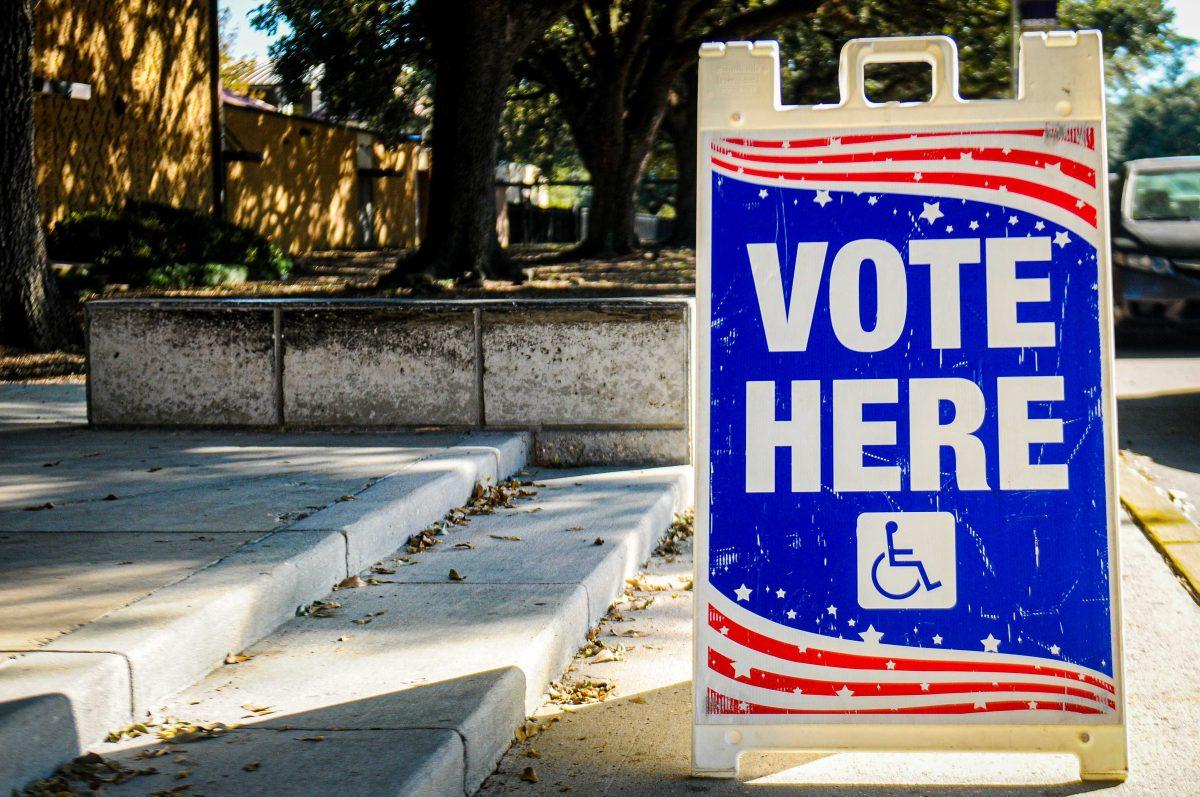The U.S. Supreme Court ruled yesterday to maintain the University of Texas’ affirmative action undergraduate admission policies after being challenged by Abigail Fisher, a University alumna, in the case Fisher v. University of Texas at Austin yesterday.
According to a press release from the NAACP, “the Court added a wrinkle by sharpening the standard that universities must meet, requiring colleges to show there were no ‘available, workable race-neutral’ alternatives available to them.”
The Supreme Court has handed the case down to lower courts now for further review.
While the policy looking at race when considering applicants remains, there will now be stricter guidelines for schools to prove programs that encourage racial diversity are in the university’s best interest.
This ruling will make it more difficult for colleges to use policies supporting affirmative action to promote diversity, according to CNN.
The case began in 2008 when Abigail Fisher, a white Texan and LSU alumna, sued UT on the basis of racial discrimination. These claims alleged UT had violated the Equal Protection Clause of the Fourteenth Amendment.
Fisher said she believes she was unfairly discriminated against because she is white and was reviewed differently than less-qualified applicants of different racial and ethnic backgrounds.
The University of Texas enacted the Top Ten Percent Plan in 1997 that stated any Texas student who ranked in the top 10 percent of their graduating class would automatically be admitted to the university. However, this law was slightly altered in 2009 and was reduced to the top 8 percent.
Fisher did not qualify under the Top Ten Percent Plan.
The University of Texas fills its remaining undergraduate openings based on various factors including race, ethnicity, talents, leadership and family situations, according to Austin news source Statesman.com.
Though lower courts have ruled in recent years, the case reached a ruling from the Supreme Court on Monday. This is the first time in only a decade the Supreme Court has faced a case involving affirmative action. The last case was Grutter v. Bollinger in 2003, which also reaffirmed the constitutionality of affirmative action in regards to the University of Michigan, according to the Associated Press.
University of Texas President Bill Powers said “the university plans no immediate changes in its admissions policies as a result of Monday’s ruling and will continue to defend them in the courts,” according to The Associated Press.






